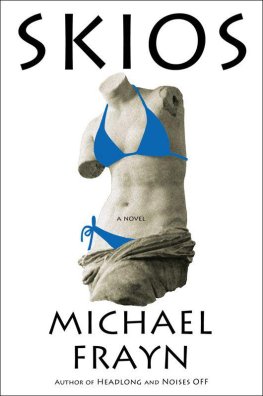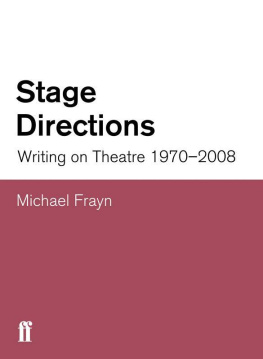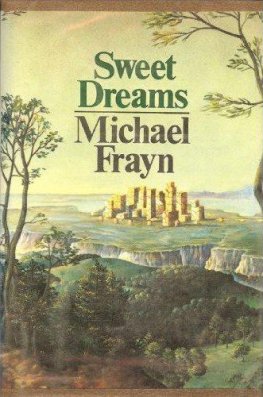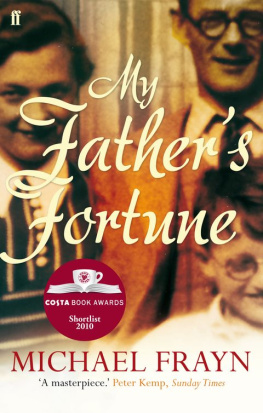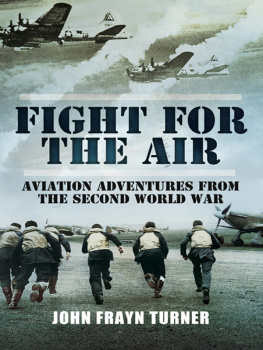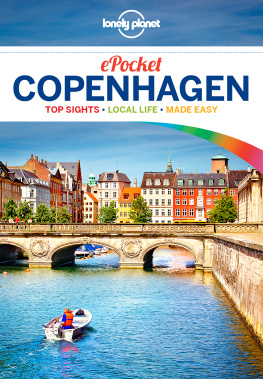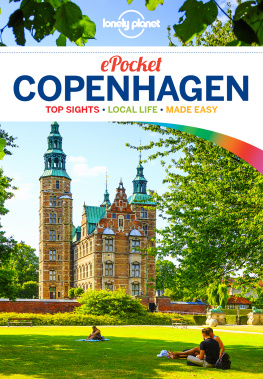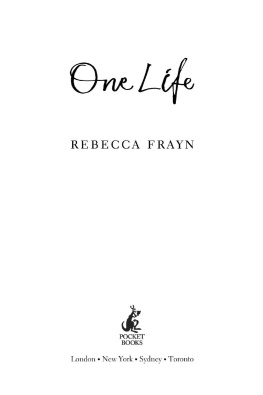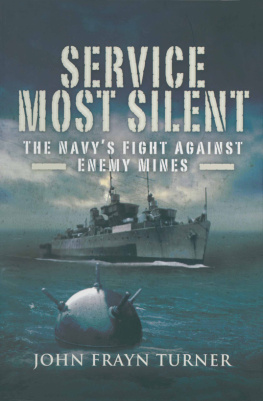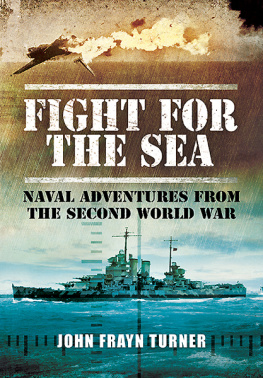Michael Frayn - Copenhagen
Here you can read online Michael Frayn - Copenhagen full text of the book (entire story) in english for free. Download pdf and epub, get meaning, cover and reviews about this ebook. year: 2000, publisher: Anchor Books, genre: Detective and thriller. Description of the work, (preface) as well as reviews are available. Best literature library LitArk.com created for fans of good reading and offers a wide selection of genres:
Romance novel
Science fiction
Adventure
Detective
Science
History
Home and family
Prose
Art
Politics
Computer
Non-fiction
Religion
Business
Children
Humor
Choose a favorite category and find really read worthwhile books. Enjoy immersion in the world of imagination, feel the emotions of the characters or learn something new for yourself, make an fascinating discovery.

- Book:Copenhagen
- Author:
- Publisher:Anchor Books
- Genre:
- Year:2000
- Rating:3 / 5
- Favourites:Add to favourites
- Your mark:
- 60
- 1
- 2
- 3
- 4
- 5
Copenhagen: summary, description and annotation
We offer to read an annotation, description, summary or preface (depends on what the author of the book "Copenhagen" wrote himself). If you haven't found the necessary information about the book — write in the comments, we will try to find it.
Copenhagen — read online for free the complete book (whole text) full work
Below is the text of the book, divided by pages. System saving the place of the last page read, allows you to conveniently read the book "Copenhagen" online for free, without having to search again every time where you left off. Put a bookmark, and you can go to the page where you finished reading at any time.
Font size:
Interval:
Bookmark:
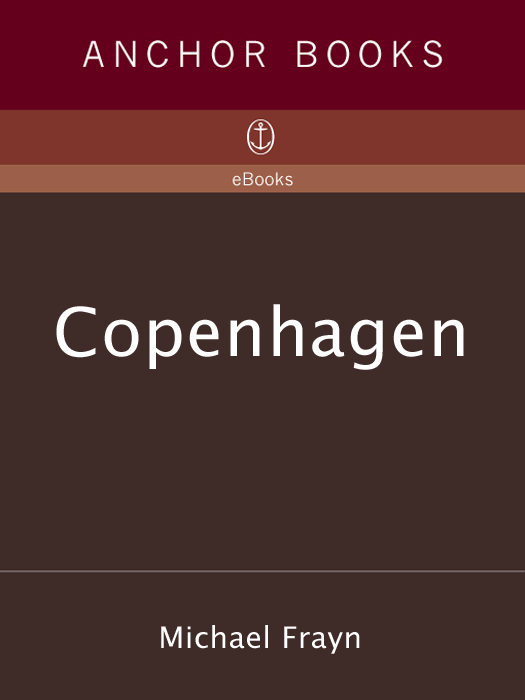
Michael Frayn
Michael Frayn has written plays, novels, and screenplays, in addition to being a journalist, documentary filmmaker, and translator of Chekhov. His thirteen plays include the classic comedy Noises Off. His latest play, Copenhagen, was awarded the Tony Award for Best Play, as well as the Outer Critics Circle and Drama Desk awards and, in the United Kingdom, the Olivier and Evening Standard awards. The most recent of his nine novels, Headlong, was shortlisted for the Booker Prize. Born in London in 1933 and educated at Cambridge, he is married to the biographer and critic Claire Tomalin; they live in London.
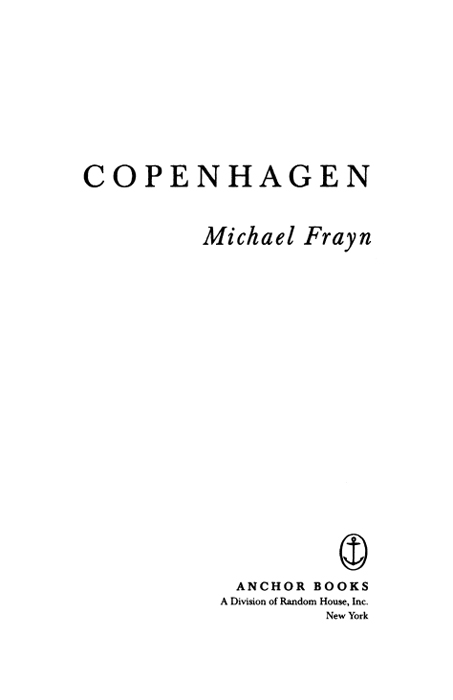
I should like to record my gratitude to Professor Balzs L. Gyorffy, Professor of Physics at Bristol University, for his kindness in reading the text of the play and making a number of corrections and suggestions.
Michael Frayn
Copenhagen was first previewed at the Cottesloe Theatre, Royal National Theatre, London, on May 21, 1998, and opened on May 28, 1998, with the following cast:
| MARGRETHE | Sara Kestelman |
| BOHR | David Burke |
| HEISENBERG | Matthew Marsh |
Directed by Michael Blakemore
Designed by Peter J. Davison
Lighting by Mark Henderson
Sound by Simon Baker
This production moved to the Duchess Theatre, London, where it was presented by Michael Codron and Lee Dean, and opened on February 5, 1999.
It previewed at the Royale Theatre, New York, on March 23, 2000, and opened on April 11, 2000, with the following cast:
| MARGRETHE | Blair Brown |
| BOHR | Philip Bosco |
| HEISENBERG | Michael Cumpsty |
Directed by Michael Blakemore
Designed by Peter J. Davison
Lighting by Mark Henderson and Michael Lincoln
Sound by Tony Meola
Margrethe But why?
Bohr Youre still thinking about it?
Margrethe Why did he come to Copenhagen?
Bohr Does it matter, my love, now were all three of us dead and gone?
Margrethe Some questions remain long after their owners have died. Lingering like ghosts. Looking for the answers they never found in life.
Bohr Some questions have no answers to find.
Margrethe Why did he come? What was he trying to tell you?
Bohr He did explain later.
Margrethe He explained over and over again. Each time he explained it became more obscure.
Bohr It was probably very simple, when you come right down to it: he wanted to have a talk.
Margrethe A talk? To the enemy? In the middle of a war?
Bohr Margrethe, my love, we were scarcely the enemy.
Margrethe It was 1941!
Bohr Heisenberg was one of our oldest friends.
Margrethe Heisenberg was German. We were Danes. We were under German occupation.
Bohr It put us in a difficult position, certainly.
Margrethe Ive never seen you as angry with anyone as you were with Heisenberg that night.
Bohr Not to disagree, but I believe I remained remarkably calm.
Margrethe I know when youre angry.
Bohr It was as difficult for him as it was for us.
Margrethe So why did he do it? Now no one can be hurt, now no one can be betrayed.
Bohr I doubt if he ever really knew himself.
Margrethe And he wasnt a friend. Not after that visit. That was the end of the famous friendship between Niels Bohr and Werner Heisenberg.
Heisenberg Now were all dead and gone, yes, and there are only two things the world remembers about me. One is the uncertainty principle, and the other is my mysterious visit to Niels Bohr in Copenhagen in 1941. Everyone understands uncertainty. Or thinks he does. No one understands my trip to Copenhagen. Time and time again Ive explained it. To Bohr himself, and Margrethe. To interrogators and intelligence officers, to journalists and historians. The more Ive explained, the deeper the uncertainty has become. Well, I shall be happy to make one more attempt. Now were all dead and gone. Now no one can be hurt, now no one can be betrayed.
Margrethe I never entirely liked him, you know. Perhaps I can say that to you now.
Bohr Yes, you did. When he was first here in the twenties? Of course you did. On the beach at Tisvilde with us and the boys? He was one of the family.
Margrethe Something alien about him, even then.
Bohr So quick and eager.
Margrethe Too quick. Too eager.
Bohr Those bright watchful eyes.
Margrethe Too bright. Too watchful.
Bohr Well, he was a very great physicist. I never changed my mind about that.
Margrethe They were all good, all the people who came to Copenhagen to work with you. You had most of the great pioneers in atomic theory here at one time or another.
Bohr And the more I look back on it, the more I think Heisenberg was the greatest of them all.
Heisenberg So what was Bohr? He was the first of us all, the father of us all. Modern atomic physics began when Bohr realised that quantum theory applied to matter as well as to energy. 1913. Everything we did was based on that great insight of his.
Bohr When you think that he first came here to work with me in 1924
Heisenberg Id only just finished my doctorate, and Bohr was the most famous atomic physicist in the world.
Bohr and in just over a year hed invented quantum mechanics.
Margrethe It came out of his work with you.
Bohr Mostly out of what hed been doing with Max Born and Pascual Jordan at Gttingen. Another year or so and hed got uncertainty.
Margrethe And youd done complementarity.
Bohr We argued them both out together.
Heisenberg We did most of our best work together.
Bohr Heisenberg usually led the way.
Heisenberg Bohr made sense of it all.
Bohr We operated like a business.
Heisenberg Chairman and managing director.
Margrethe Father and son.
Heisenberg A family business.
Margrethe Even though we had sons of our own.
Bohr And we went on working together long after he ceased to be my assistant.
Heisenberg Long after Id left Copenhagen in 1927 and gone back to Germany. Long after I had a chair and a family of my own.
Margrethe Then the Nazis came to power .
Bohr And it got more and more difficult. When the war broke outimpossible. Until that day in 1941.
Font size:
Interval:
Bookmark:
Similar books «Copenhagen»
Look at similar books to Copenhagen. We have selected literature similar in name and meaning in the hope of providing readers with more options to find new, interesting, not yet read works.
Discussion, reviews of the book Copenhagen and just readers' own opinions. Leave your comments, write what you think about the work, its meaning or the main characters. Specify what exactly you liked and what you didn't like, and why you think so.

